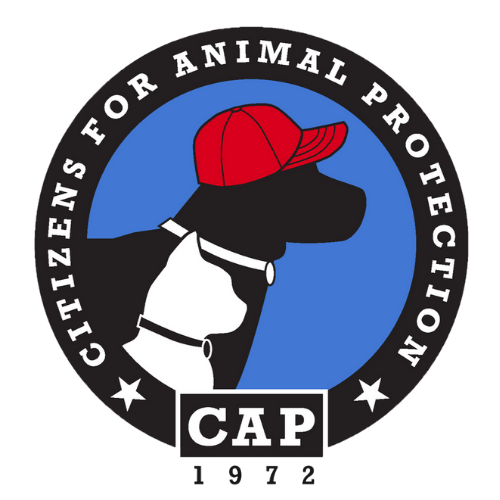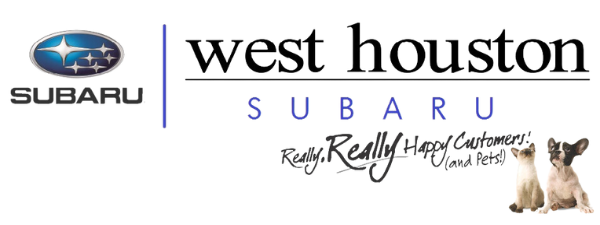Supplies
- Flea Prevention (check out CAP's Cornelius Clinic for great prices on these necessary medications. The clinic offers low-cost wellness and medications)
- Litter box
- Litter box scooper
- Litter box liners - only needed if you do not want to have to wash out the litter pan every week
- Litter - if your cat is not using the litter box but going elsewhere, it may be the litter so try another brand
- Food - only feed high quality 'cat' food
- Food dishes - always get separate water and food bowls that are not attached to each other
- Scratching posts - at least two, placed in the rooms that the cat frequents most
- Cat brush - medium & long hair cats need to be groomed regularly
- Cat carrier
- Nail clippers - use caution when using nail clippers and never cut below the cuticle line in the nail
- Toys - no toys with objects inside that the cat could swallow
- Get an 'easy to read' first aid emergency books such as The First Aid Companion for Cats and Dogs or Pet First Aid
CAP's very own Pet Supply Store has new and gently used supplies, and buying from our store helps the shelter with medical care of all of our animals. Check it out!
Feeding
Dry food - Have dry cat or kitten food available at all times, and of course, plenty of fresh water. Use high-quality name-brand cat food and speak with your veterinarian if you have any concerns about diet. Introduce the cat/kitten to any new foods gradually to avoid upsetting its stomach. New foods should be mixed with the food the cat/kitten is currently eating, gradually adding more of the new food and less of the old until the kitten is eating the new food exclusively. Whether or not to feed dry or moist cat food is debatable and there are differing opinions on this subject. Note: At the shelter, we rely on donations and do not feed specific brands, although we do feed age-appropriate food.
Wet food - If you decide to feed moist food, it is very important to not leave uneaten moist food for more than a few hours. Throw away moist food that is starting to dry up.
Treats - It is probably best not to give treats. If you do give treats, never exceed 10% of the diet. If you make a regular habit of giving a treat after you finish eating, the cat will learn to look forward to it and won't bother you, your family, or your guests while you eat, but will wait patiently.
Milk - Contrary to popular belief, cow's milk is not good for cats. Most can't digest it properly and consequently get diarrhea. Do NOT give cow's milk to cats or kittens!
Dishes - Aluminum or glass/glazed porcelain/china dishes are best if you are feeding moist food. Plastic dishes can harbor germs on the surface which can cause a condition known as feline acne. Feline acne is small pimples on the chin, which cause swelling and discomfort and can be very difficult to clear up. If this problem arises, consult your vet for the best method of treatment. Plastic dishes should be fine if you are feeding only dry food.



